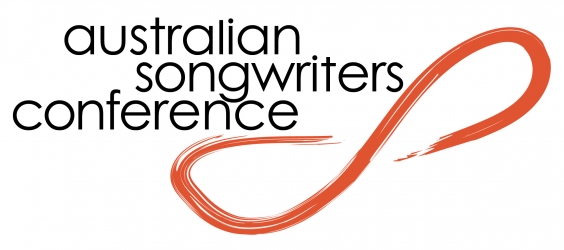Royalties are small payments made to you each time people use or buy your work, such as a song.
Typically, the owner of the copyright grants a licence to another person to use the work in a certain way, and in return, the owner receives payment for the use, for example, from the proceeds of sale. Copyright legislation does not set the price of royalties. Instead, the creator’s licence agreement (for example, publishing deal) needs to clearly outline the royalty amounts.
Read more at the LegalVision website...
If you are a songwriter, composer or music publisher, you can allow others to play your song in exchange for royalty payments, also known as royalties. Similarly, if you are an author, you can assign or license your rights to a publisher for the payment of royalties. Therefore, owners of certain types of intellectual property (IP) receive royalty payments for allowing others to use their work. This article outlines how royalty payments operate through royalty agreements and collecting societies, and considers whether royalties are taxable.
Read more of this LegalVision article
Recommendation: If you or someone else is performing your original music live, or your music is being played on the radio, in clubs, cafe's and other public places, you are entitled to be paid royalties. Join APRA AMCOS (its free) so that you can earn income from your music.
